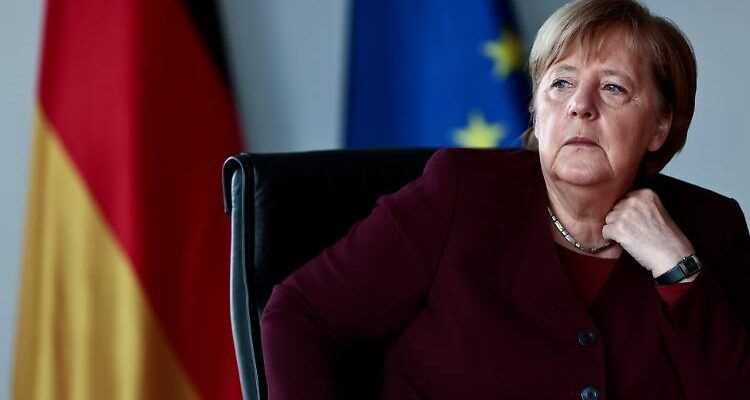Wednesday 17th November 2021
EU classification can hardly be avoided
Merkel: Nuclear power will probably be green in the EU
Nuclear power is expected to be sustainable in the EU soon. According to Chancellor Merkel, the classification can hardly be stopped. What is irritating in Germany is the result of a dispute between member states over bridging technologies.
The outgoing Chancellor Angela Merkel sees little possibility of preventing nuclear energy from being classified as a green technology in the EU. “Germany has not given up its resistance,” said Merkel, referring to a draft by the EU Commission to recognize nuclear energy as sustainable. A green label for certain forms of energy such as gas is also one of the big points of contention in the negotiations to form the first traffic light coalition in the federal government. In a paper available to Reuters on the plans in the financial market area, a particularly large number of points are still disputed between the SPD, Greens and FDP – recognizable by crossed out sentences and alternative suggestions for formulations.
Merkel said that in the path taken by the EU of a so-called delegated act based on the taxonomy regulation, the proposal could only be rejected if 20 EU members voted no. “This is a very high hurdle and it is unlikely to be the case,” she added, referring to the 27 Member States. “The process itself can only be stopped with difficulty if the EU Commission presents something.”
The background to this is a struggle within the EU over what is known as taxonomy. The aim is to give technologies a label as sustainable and harmless, so that financial flows are increasingly directed towards green technologies. For France, nuclear energy is one of them because it hardly produces any CO2, while Germany is against it because of the unresolved issue of disposing of nuclear waste. In an open letter, 129 non-governmental organizations from Europe recently asked the likely next Chancellor, Olaf Scholz of the SPD, not to classify nuclear energy as sustainable.
In the ongoing coalition negotiations, the Greens insist that both nuclear power and gas are not recognized as sustainable technologies. The federal government in Brussels must campaign for this. The SPD wants to take one step less: “We will continue to work to ensure that nuclear power is classified as unsustainable.” The SPD and FDP do not want to criticize bridging technologies – that is, gas – as dirty. On the other hand, the Greens, who are under pressure in their own ranks, to push through more of their own points in terms of climate protection.
Environmentalists fear greenwashing
The paper from the Finances working group is dated November 9, shortly before the end of the negotiation phase of the 22 working groups. The main negotiating group is currently discussing the open questions. The coalition agreement should then be in place by next week. In the financial market paper, only vague goals for sustainable finance are undisputed. In this way, Germany is to become the leading location for sustainable financing. The EU taxonomy should be ambitious and practicable. Environmentalists fear that there could be so-called greenwashing, meaning that non-sustainable plants could be seen as green.
Merkel emphasized that the EU Commission knew that there was a cross-party opinion in Germany that nuclear energy should not be classified “as clean” as wind and solar energy. For France, for example, nuclear power is a bridging technology. “We say that for us natural gas has to be classified as a bridging technology,” said the Chancellor in return. In addition, the EU Commission is smart enough to know that in the end an overall strategy for the climate protection program “Fit for 55” will be necessary. “You won’t want to create an unpleasant advisory climate through various legislations.”
At the same time, Merkel defended the exit from nuclear energy that had been carried out in her chancellorship. She is skeptical about a global revival of technology. In France this is different because there are state holdings in energy companies. But private investments in nuclear power plants are limited worldwide. “There are often significant cost increases and long delays in reactors under construction,” she added. In addition, the permanent storage of the radioactive waste has not yet been clarified. “And the kilowatt hour prices for nuclear energy will definitely not be lower than the kilowatt hour prices for offshore wind energy,” emphasized Merkel.
